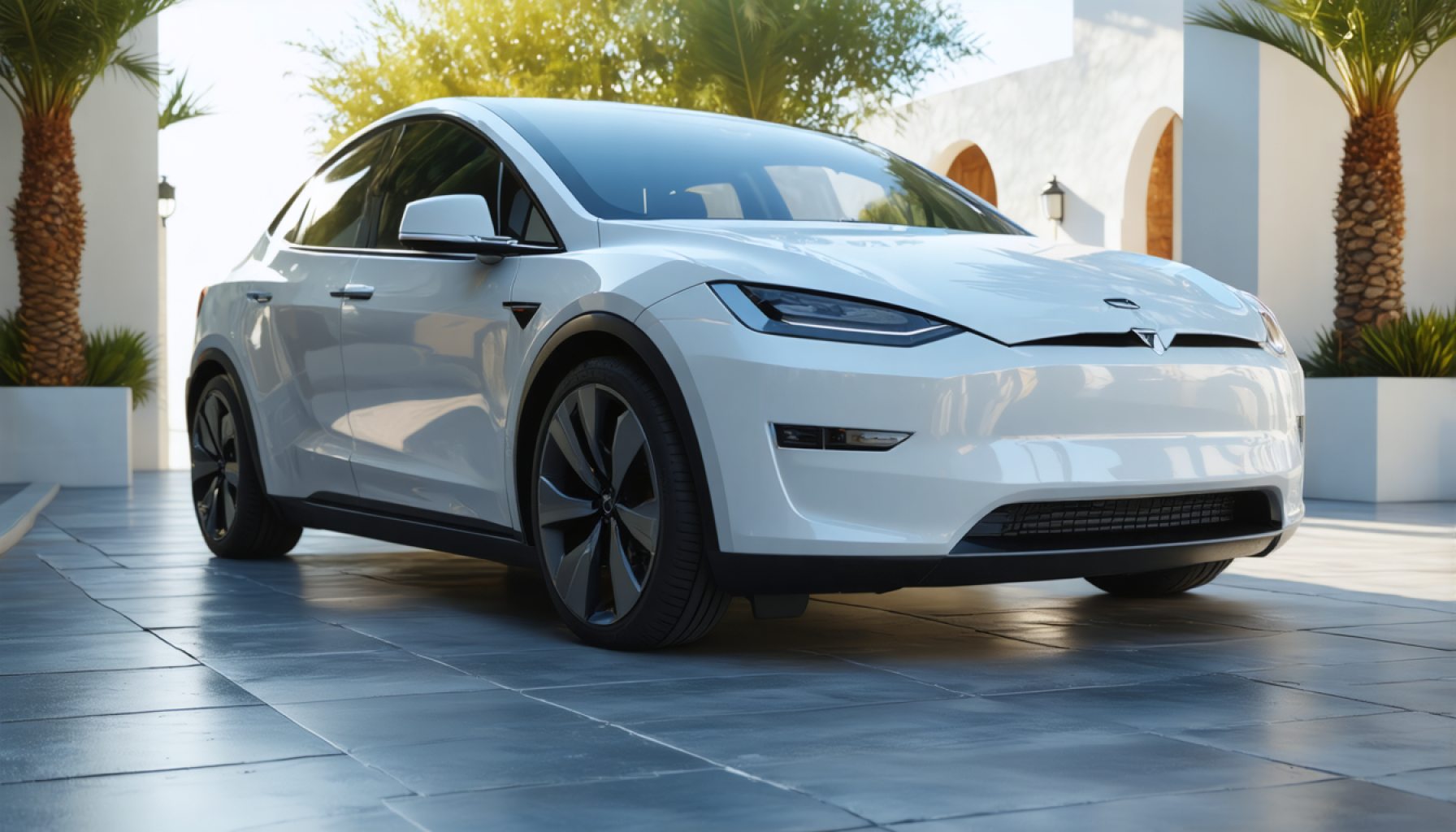- Morocco, through the Institute for Transport and Logistics Training, partners with Professor Rachid Yazami to advance battery technology and electric vehicle expertise.
- The program, launching in October 2025, focuses on Electric Vehicle Battery Maintenance, blending academic rigor with real-world demands.
- Courses will be conducted in both French and English, enhancing graduates’ adaptability in global workspaces.
- The initiative is part of “Compact II,” a US-Morocco collaboration to bolster human capital and transport infrastructure.
- This effort aligns with Morocco’s larger sustainability goals and positions the country as a leader in the shift toward electrified transport solutions.
- Projects coincide with Morocco’s preparations for international events, emphasizing advances in both green energy and transport systems.
In the heartland of Morocco’s emerging technology base lies an ambitious endeavor poised to electrify the future of transportation. The Institute for Transport and Logistics Training (IFTL) has forged a landmark partnership with Professor Rachid Yazami, a global luminary in battery research, to inaugurate a cutting-edge educational program aimed at redefining battery technology expertise.
Guided by the genius who pioneered the graphite anode for lithium-ion batteries—a cornerstone of modern mobile technology—this initiative seeks to cultivate a new generation of technical wizards. These professionals will not only support but also spur the electric vehicle revolution, critical for Morocco’s sustainability goals.
The program, unfurling its wings in October 2025, crafts a curriculum that blends academic rigor with the demands of the real world. Students will delve into the depths of lithium battery diagnostics and safety management, under the meticulous guidance of Professor Yazami himself. This vocational certificate in Electric Vehicle Battery Maintenance symbolizes more than mere education; it marks the confluence of innovation and practical skill.
Envisioned to be a linguistic tapestry woven in French and English, the coursework emphasizes adaptability in global workspaces. This dual-language approach, fortified by language enhancement modules, prepares graduates to transcend local markets and make waves on the international stage.
Situated within the strategic framework of “Compact II,” a collaboration between Morocco and the United States’ Millennium Challenge Corporation, the program underscores a bilateral commitment to amplify Morocco’s human capital. It signifies a broader ambition: to fortify the nation’s transport infrastructure while championing the global fight against climate change.
As Morocco readies itself for grandeur on the world stage with the forthcoming 2025 Africa Cup of Nations and the 2030 FIFA World Cup—a co-hosted venture with Spain and Portugal—the country expedites improvements in its transport system, aiming for a seamless union of sustainability and modernity.
This bold venture not only highlights Morocco’s quest for green energy ascendancy but also showcases its readiness to claim a pivotal role in the global shift toward electrified transport solutions. Morocco is not simply stepping into the future; it is charging forward, powered by innovation, education, and an unyielding commitment to a brighter, cleaner tomorrow.
Morocco Charges Ahead: Transforming Transportation with Battery Innovation
Unveiling Advanced Battery Education and Its Implications
Morocco is at the forefront of a transformative leap in transportation, leveraging cutting-edge education to revolutionize battery technology. The Institute for Transport and Logistics Training (IFTL) has teamed up with renowned battery researcher Professor Rachid Yazami, aiming to create a new wave of expertise in electric vehicle (EV) technologies.
This partnership seeks to empower professionals who will be instrumental in advancing the electric vehicle movement, a critical element of Morocco’s sustainability aspirations.
Key Components of the Program
– Curriculum Focus: The program is meticulously designed to cover crucial aspects of battery technology, particularly diagnostics and safety management of lithium batteries—a foundation in EV technology.
– Leadership: Professor Yazami’s involvement not only adds credibility but also practical insights. His pioneering work on the graphite anode for lithium-ion batteries underscores the program’s depth and potential impact.
– Bilingual Approach: Conducted in both French and English, the program enhances global employability and cross-border collaboration skills.
– Strategic Alignment: This initiative forms a part of Morocco’s collaboration with the Millennium Challenge Corporation’s “Compact II,” which aims to bolster human capital and transport infrastructure.
Expanding Horizons: Global Context and Industry Trends
Recent trends indicate a swift global shift toward electric vehicles, driven by climate change initiatives and advancements in battery technology. According to the International Energy Agency (IEA), global EV stock is projected to reach 230 million by 2030. This burgeoning market offers Morocco a chance to establish itself as a significant player in the EV supply chain.
– Market Forecasts: EV markets in Africa are still maturing, but with programs like this, Morocco could position itself as a leader in battery production and maintenance expertise.
– Industry Trends: There is increasing interest in sustainable and locally-sourced battery materials. Morocco could leverage its mineral resources, like cobalt and phosphates, crucial for battery production.
Controversies and Limitations
Despite the program’s promising outlook, there are challenges to consider:
– Infrastructure Gap: Morocco must ensure its existing infrastructure can support the anticipated growth in EV usage. Increasing EV charging stations and battery recycling centers are crucial steps.
– Economic Barriers: Initial costs for EVs and necessary infrastructure remain high, which may hinder rapid adoption without strategic subsidies or incentives.
Actionable Recommendations
For individuals interested in entering the burgeoning field of electric vehicle technologies, here are some quick tips:
1. Stay Informed: Follow current developments in battery technology and EV markets. Websites like International Energy Agency provide valuable insights.
2. Skill Enhancement: Consider enrolling in bilingual programs or language courses to enhance global employability.
3. Sustainability Focus: Explore ways to incorporate sustainability into technological advancements, potentially taking advantage of Morocco’s natural resources.
4. Networking: Engage with professionals in the field through forums and conferences. Platforms such as LinkedIn can be invaluable.
Final Thoughts
Morocco is poised to become a significant hub of innovation in electric vehicle technology, catalyzed by this forward-thinking educational program. By drawing on global expertise and local resources, the country not only advances its technological capabilities but also sets a robust precedent for sustainable development in emerging markets.
